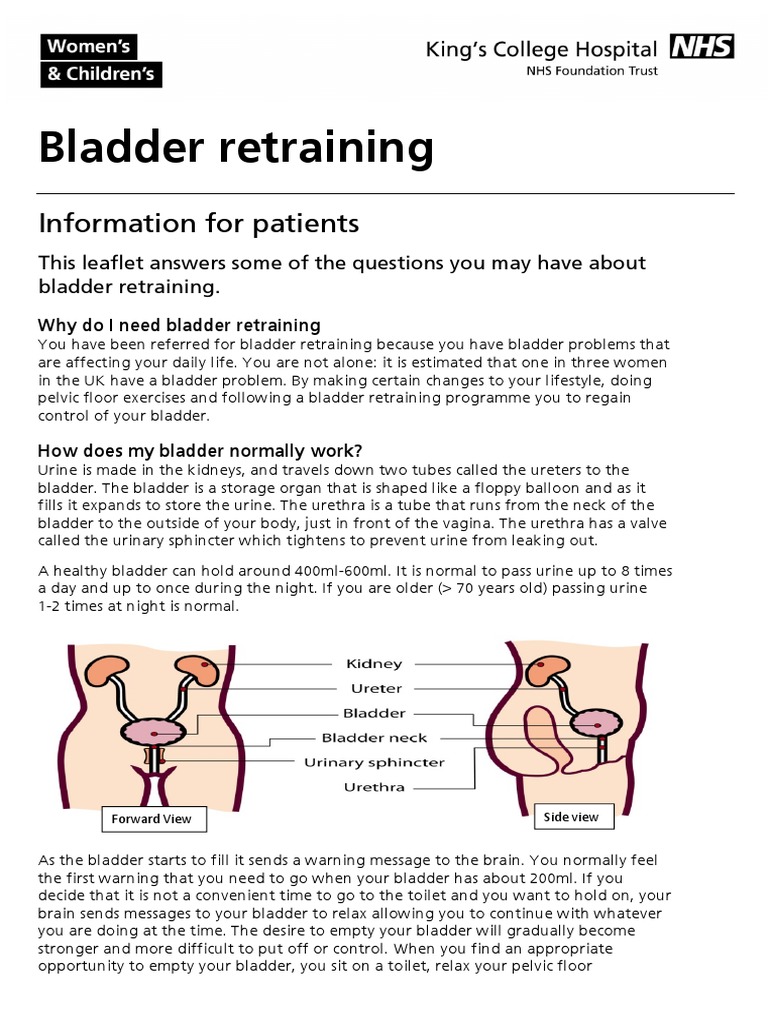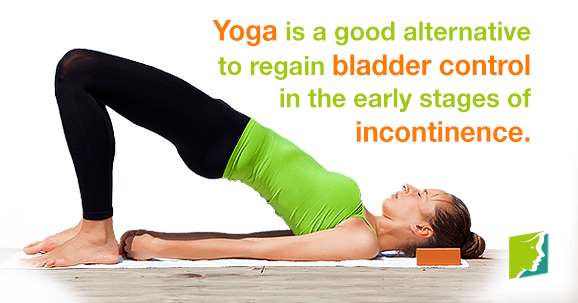
September 10, 2024
Urinary System Incontinence: Treatment, Causes, Kinds, And Signs And Symptoms
Nocturia: Causes, Symptoms, Medical Diagnosis & Therapy Nocturia is a common problem impacting more than 50% of grownups after age 50. It's even more typical in men and people designated male at birth (AMAB) after age 50. Before 50, nocturia is more usual in women and people designated woman at birth (AFAB). These problems commonly are rooted in having a lack of sleep or interrupted rest throughout the evening. Below's what to learn about the details causes, medical diagnosis, and treatment of requiring to pee a whole lot in the evening. If you're worried about enuresis, the most effective point to do is speak to your doctor for ideas on exactly how to deal with it. Your mama or daddy can likewise give you pointers on exactly how to deal, particularly if they had the issue as a teen. Medical professionals can do numerous points to treat bedwetting, depending upon what's triggering it. If a health problem is accountable, which is not very typical, it will be treated. This either means that the individual leaks pee continuously, or has routine unmanageable leaking of huge quantities of urine. Functional incontinence is more widespread amongst elderly people and is common in nursing homes. Bladder muscles can trigger involuntarily because of damage to the nerves of the bladder, the nerves, or to the muscles themselves.What is the very best therapy for bladder leak?
at least 6 hours prior to bedtime.Taking afternoon naps.Elevating your legs while you're resting in the house. Side sleeping may be the very best choice if you have both OAB and rest apnea. Elevating your legs throughout the day might additionally assist to decrease the need to pee during the night for some people. Various other methods to minimize nocturia with OAB consist of restricting liquids in the evening and dual voiding prior to bed.
I'm Concerned About Incontinence At Night While Sharing A Bed With Someone
Often urinary incontinence is a short-term concern that will certainly vanish as soon as the reason finishes. This is typically the instance when you have a condition like an urinary system tract infection (UTI). As soon as treated, constant peeing and leak troubles brought on by a UTI commonly finish. This is additionally true for some ladies that experience bladder control concerns while pregnant. Nonetheless, various other sources of urinary incontinence are long-term and related to problems that are handled throughout your life. For instance, females and people appointed woman at birth are more probable to experience both OSA and nighttime peeing after menopause. While many factors might be associated with this enhanced risk, some researchers recommend hormonal adjustments might contribute. Urinary incontinence can take place when the bladder muscle mass unexpectedly tighten up and the sphincter muscular tissues are not strong sufficient to squeeze the urethra closed. This causes an unexpected, strong urge to urinate that you might not have the ability to manage. Pressure brought on by chuckling, sneezing, or exercising can cause you to leakage pee.Why Do You Pee So Much During The Night?
After a lengthy day, you have actually calmed down for a comfy night's rest. You're simply dropping off when instantly you really feel a warm wetness in between your legs-- something you have not felt since you had to do with 5 years old. Talk with a physician if you have OAB that hinders your rest or if your approaches of limiting nocturia quit working. They can help advise various other ways that might assist to help reduce peeing regularity at night. These drugs function by obstructing particular sorts of nerve impulses to the bladder muscular tissues. This can stop these muscles from contracting when they should not.- Snoozes can help with nocturia as well, so have a mid-day nap with your legs up.
- Talk with your healthcare provider about these home therapy alternatives for incontinence prior to beginning any of them.
- Any type of weakness or damages to the urethra in a female is more likely to trigger urinary system incontinence.
- Overactive bladder (OAB) and nocturia, defined by constant peeing during the evening, can considerably disrupt your rest and general quality of life.
- An additional factor for incontinence while pregnant is the weakening of your pelvic flooring muscles.
- For example, if you have rest apnea, you might require to see a rest expert.
Reveal Rest Apnea
Your doctor may additionally review any kind of difficult situations that might be contributing to the problem. Also referred to as response urinary incontinence or "over active bladder," this is the 2nd most usual kind of urinary system incontinence. There is a sudden, uncontrolled tightening of the muscular wall of the bladder that triggers an urge to pee that can not be quit. This is because the liquid that's developed in your legs while you're upright is much better dispersed into your blood stream when you rest. Given that your kidneys filter excess fluids from the blood stream, this can add to pee manufacturing. Unlike various other kinds of exercises, nobody can https://storage.googleapis.com/2udlbbfu4jfp72izc/Wart-medication/urinary-retention/extensive-guide-to-h.html inform when you're doing Kegel workouts. 

Social Links